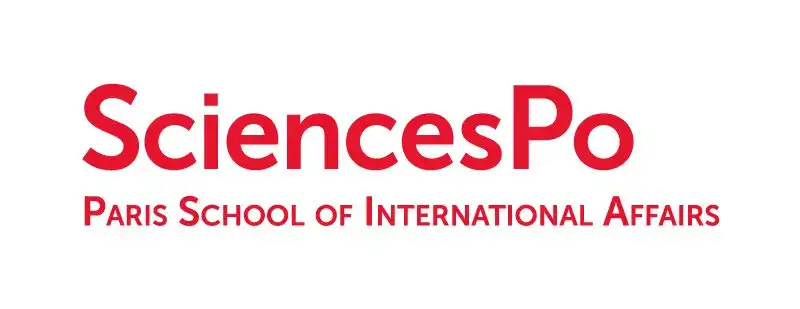Home>How Young European Citizens Propose to Combat Disinformation in Democratic Societies

18.11.2024
How Young European Citizens Propose to Combat Disinformation in Democratic Societies
2024 is one of the largest election year in history, with no less than 64 countries calling their voters to the polls and electing their representatives. Online disinformation has become a pervasive and critical threat to the integrity of democratic processes worldwide. But can this global challenge really be tackled with a single set of policies, or are differentiated approaches required to effectively protect democratic societies?
Building upon the results of a broad open consultation carried out by Make.org and the Sciences Po Tech & Global Affairs Innovation Hub, with support from NATO and Microsoft, during which 7,865 young citizens from France, Germany, Moldova, and Romania shared their ideas for protecting democracies from disinformation, Beatriz Botero Arcila (Assistant Professor at Sciences Po Law School) and Florent Parmentier (Secretary General at Sciences Po Centre for political research – CEVIPOF) deliver in this policy brief an analysis of how different national contexts influence disinformation, its negative impacts and its potential remedies.
A growing trend in the disinformation landscape is the transformative role of artificial intelligence (AI), which has the potential to enhance the scale, speed, and sophistication of disinformation campaigns while lowering their cost. The evolving use of AI requires careful analysis to understand its potential to manipulate public discourse. A growing body of literature is dedicated to the risks associated with AI-powered disinformation and potential control and mitigation mechanisms.
However, while disinformation poses a global challenge, its manifestations are shaped by local political, informational, and cultural contexts. In countries with varying levels of democratic consolidation, such as France, Germany, Romania, and Moldova, the specific nature of disinformation and the corresponding policy solutions differ significantly.
Based on the consultation and their interdisciplinary analysis of the current state of disinformation and the policies adopted (or considered) to counter it across France, Germany, Moldova, and Romania, the authors identified common solutions alongside adaptative approaches where resources can nonetheless be mutualised to collectively support democratic debate and pluralistic public spaces.
They focused on 6 main policy recommendations:
- Enhance national media literacy programmes, prioritising early and continuous media education as a foundational response to disinformation ;
- Adopt policies and programmes that strengthen the independent media ecosystem ;
- Develop frameworks which take into account different national contexts by balancing effective oversight with robust privacy protections ;
- Focus policy efforts on identifying the dissemination channels and act on the underlying infrastructures of disinformation ;
- Collectively build technical and legal capacity for early detection and moderation of harmful disinformation content ;
- Any measure to counter disinformation must be part of a broader strategy to enhance political communication and public trust.
Learn more by reading the full policy brief: Under 35 and Under Siege : How Young European Citizens Propose to Combat Disinformation in Democratic Societies (PDF, 457 Ko).

